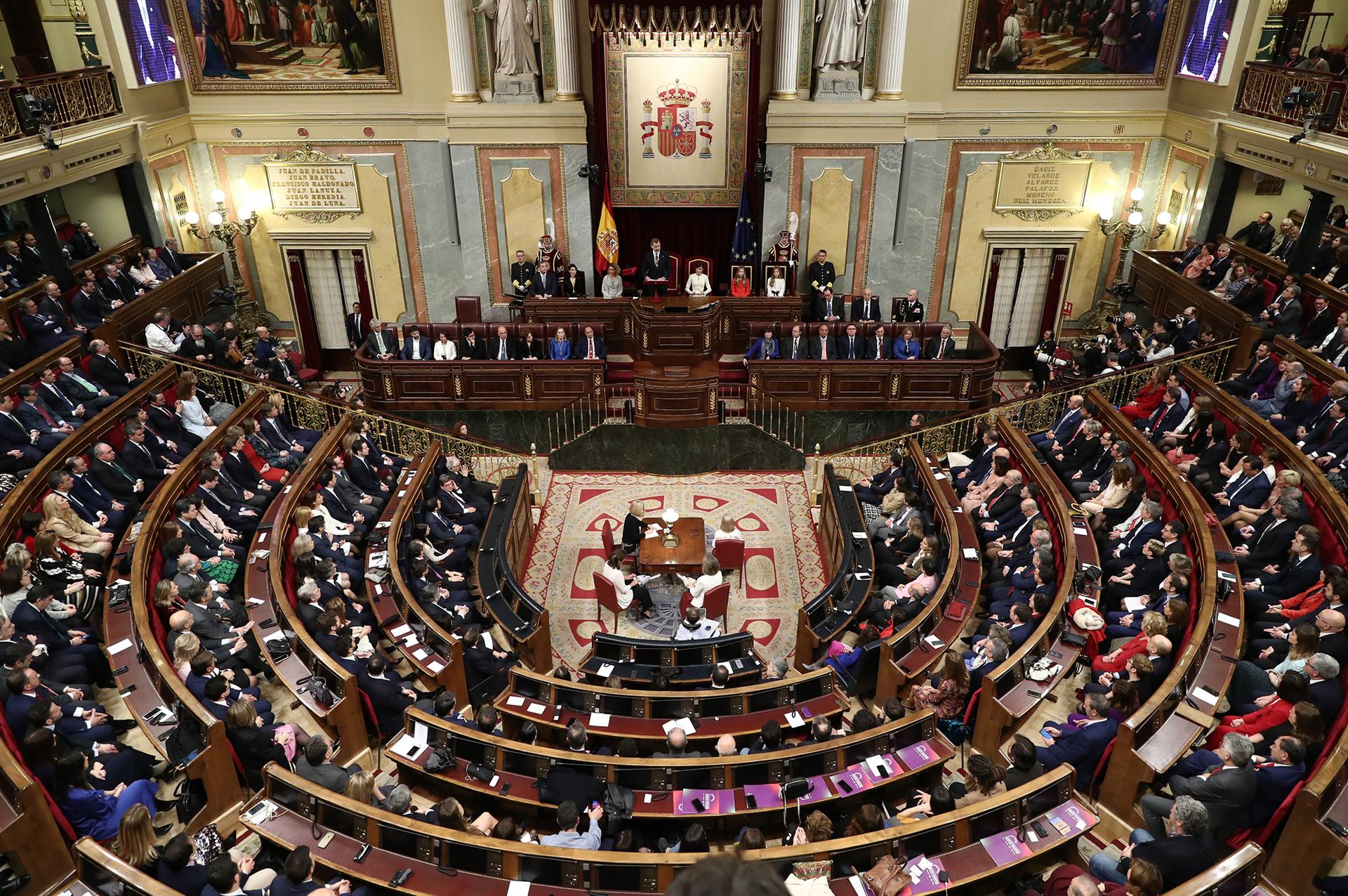BARCELONA – The Christian Lawyers Foundation (La Fundación de Abogados Cristianos) in Spain has filed a criminal complaint against the Spanish Minister of Health, Mónica García, for denying the negative consequences of having an abortion.
The group has accused García of gross negligence and administrative malfeasance after she said that “post-abortion syndrome does not exist” and that “it’s a hoax.”
She made her comments at the launch of a government-backed website that provides information favorable to abortion, which has also come under fire for downplaying the negative consequences that can follow an abortion.
The Christian Lawyers Foundation released a statement on Oct. 14 to the media explaining that ignoring the risks of abortion “violates the duty to provide truthful information regarding health matters and exposes women to uninformed decisions that can harm their health.”
The complaint was sent to the Prosecutor’s Office and references some scientific reports “that confirm the physical and psychological consequences of abortion in women.”
The complaint also includes a ruling by the Provincial Court of Oviedo that was also upheld by the Supreme Court, which convicted the association of abortion centres (ACAI) of misleading advertising for claiming on its website that abortion carries no risk.
One of the studies covered in the complaint argues that “women who had an abortion experienced an 81 percent higher risk of mental health problems” and that “the suicide rate after an abortion was three times higher than the general suicide rate and six times higher than that after birth.”
The complaint also cites evidence that “women who had abortions had a two-fold increased risk of hospitalization for mental disorders (depression, anxiety, substance abuse) in the following five years, especially those under 25 years of age.”
The president of the Christian Lawyers Foundation, Polonia Castellanos, said, “abortion is a procedure with numerous risks and consequences for women. Denying this reality and failing to inform women is illegal because it seriously endangers their health and constitutes unacceptable coercion.”
The controversy was originally ignited in late September when Madrid City Council approved a proposal, first tabled by far-right party Vox, and then approved by the council’s conservative ruling party PP (The People’s Party), to provide all women seeking an abortion with information on “post-abortion syndrome.”
The government fired back, with García saying that “the ministry will judicially review the legality of the action and the legal consequences that this harassment may have.”
A few days after this, on Oct. 3 Spain’s government, headed by Prime Minister Pedro Sánchez of PSOE (Spanish Socialist Workers’ Party), announced that it would seek to enshrine a right to abortion in the country’s Constitution, a measure designed to combat “any attempt at a rollback that threatens women’s rights.”
Sánchez also wrote to the regional presidents of Asturias, Aragon, Madrid and the Balearic Islands – governed by conservative parties – asking them to launch a registry of conscientious objectors to abortion.
This move caused an outcry amongst Catholic and medical leaders and accusations that a “blacklist” was being created.
José Antonio Díez, general coordinator of the National Association for the Defense of the Right to Conscientious Objection, or ANDOC, told Alpha y Omega Catholic media that “no matter what the prime minister says, the right to object is a constitutional right.”
“Who can order private citizens to register in a registry that not even the Constitutional Court requires as a condition? From that point on, everything is just gimmicks and tricks,” Díez added.
Spain currently allows abortion up to 14 weeks of pregnancy, and up to 22 weeks if there is a serious risk to the mother’s health or life, or if there are serious problems with the baby.
Further, abortion can occur after week 22 if there is detected in the baby a condition incompatible with life or when a serious and incurable disease is detected in the baby at the time of diagnosis and confirmed by a clinical committee.













